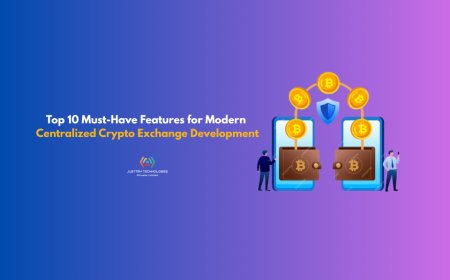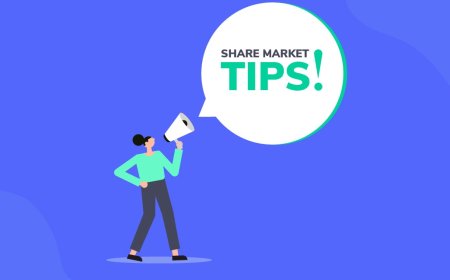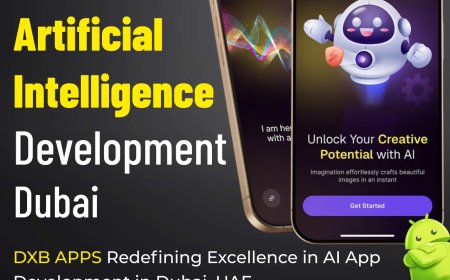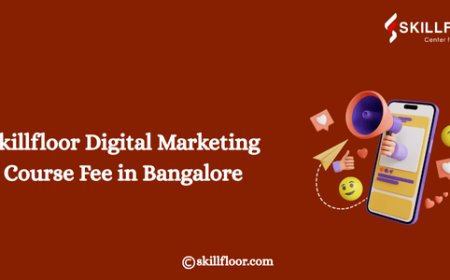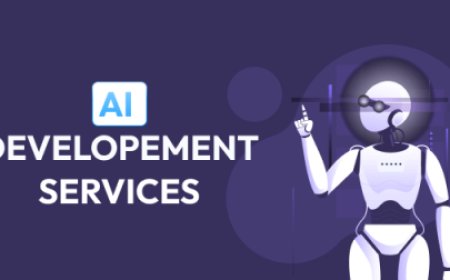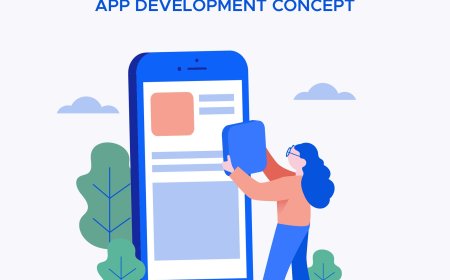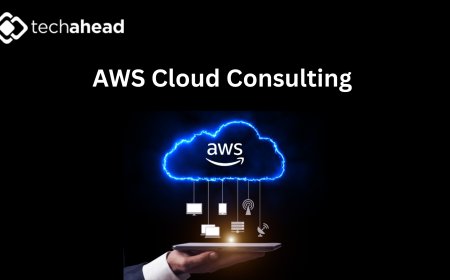Event Management App Development: Must-Have Features in 2025
In 2025, building a successful event management app requires a mix of attendee-focused features (like ticketing, networking, and personalization) and strong admin tools for real-time control and analytics. Drawing on ideas from party planner app development and integrating systems like Drive-Thru Restaurant POS System Development Solutions can enhance food service and vendor coordination. A good Event Management Apps development strategy includes secure payments, AI-powered recommendations, accessibility, and post-launch support to ensure scalability, monetization, and user satisfaction.
With the post-pandemic return of large-scale gatherings from corporate conferences to music festivalsevent organizers are leaning on digital tools to plan, execute, and manage experiences in real time. If youre looking to capture this booming market, developing a standout app can make all the difference.

1. Define Your Event Apps Purpose
Before diving in, determine the apps core function. Common use cases include:
-
Attendee apps: Info, ticketing, maps
-
Organizer apps: Backend controls, analytics
-
Hybrid solutions: Both front-end and back-end capabilities
Clearly outlining your apps target audience ensures focused feature development and smoother UI/UX.
2. Essential Features for Attendee Experience
a. Registration & Ticketing
Implement in-app ticket sales, QR codes, digital wallet passes, and promo codes. Secure payments via Stripe or PayPal and instant confirmation emails are now baseline features.
b. Digital Badges & QR Check-In
Enable contactless entry using scannable badges to streamline entry processes and record attendance metrics for organizers.
c. Personalized Agendas & Push Notifications
Allow users to curate their own schedules and receive timely reminders about upcoming sessions or changes.
d. Interactive Maps & Wayfinding
Include venue maps, booth locator tools, and geofencing to help attendees explore events effortlessly.
e. Networking & Messaging
Built-in attendee directories, chat, and meeting scheduling foster networking and engagement.
f. Live Polls & Q&A
Encourage audience participation during sessions with interactive tools that provide real-time feedback.
g. AI-powered Matchmaking
Use Event Management Apps development expertise to incorporate AI features that match attendees with exhibitors or relevant sessions based on profiles and interests.
3. Admin & Organizer Capabilities
a. Dashboard & Analytics
Organizers need robust dashboards for ticket sales, attendance stats, user behavior, and ROI tracking.
b. Content Management
Admin portals for real-time editing of schedules, speaker bios, push message content, and session room assignments.
c. Staff Tools & Permissions
Role-based access, schedule control, attendee check-in tools, and emergency broadcasting features are essential on-site.
d. Sponsorship & Advertisement Management
Offer sponsors promotional space via banners, sponsored sessions, or push notifications, managed through the admin interface.
4. Insights from Party Planner App Development
Event apps and party planning apps share overlapping features:
-
Budget Tracking: Planner apps often include budgeting schedules and expense tracking.
-
Vendor Coordination: Users can manage vendor lists, booking dates, and contact tracking.
-
Guest RSVPs: Event apps can borrow this RSVP flow to track attendee confirmations.
Integrating these features enhances flexibility especially for corporate events, private parties, and hybrid use cases.
5. Integrating Food & Beverage POS
Food and beverage are crucial in many events. Incorporating food ordering and payment into the app elevates convenience.
-
Mobile Food Orders: Users can select items, place orders, and pay via the app.
-
Alerts & Pick-Up Info: Attendees get notifications when orders are ready.
-
Vendor Integration: Vendors use an embedded POS system linked to the event backend.
While primarily seen in dining, this model aligns well with system requirements of Drive-Thru Restaurant POS System Development Solutions potentially reusable for event food vendors and improving their backend efficiency.
6. Monetization Opportunities
Event apps can generate revenue through:
-
Sponsorship Packages: Push notifications, banner ads, promoted listings
-
Premium Features: VIP agenda access, in-app purchases, networking boosts
-
Vendor Commissions: Food/beverage orders tracked via embedded POS
Leverage business models from party planners and restaurant POS integrations to diversify income streams.
7. Technology & Architecture
Developing a scalable, responsive, and secure event app requires a modern tech stack:
-
Frontend: React Native or Flutter for cross-platform consistency
-
Backend: Node.js or Django with RESTful APIs
-
Database: PostgreSQL or MongoDB
-
Cloud Hosting: AWS or Google Cloud for scaling and global access
-
Payments: Stripe, PayPal, in-app wallets
-
Maps & Geolocation: Google Maps or Mapbox SDKs
Integrating AI requires extra layers:
-
Machine Learning Models: For matchmaking and recommendation
-
Analytics Tools: BigQuery or Redshift for event insights
Expert teams in event management app can also bridge knowledge from drive-thru restaurant POS system development solutions when designing vendor integrations.
8. Security, Compliance & Accessibility
Events often collect personal datasecuring it through encryption, tokenization, and SSL is non-negotiable. Ensure compliance with GDPR, particularly for multinational audiences. Accessibility is also vital: make sure your app meets WCAG 2.1 standards to support all attendees.
9. Testing, QA & Launch Strategy
Before go-live, run thorough QA tests:
-
Functional Testing: Check registration, payments, scanning, and messaging
-
Performance Testing: Simulate peak loads like thousands of check-ins
-
Beta Testing: Soft launch to selected users for feedback
-
Accessibility Reviews: Confirm UI usability, voice-over support, and screen reader compatibility
A polished, well-tested launch sets the tone for adoption and word-of-mouth growth.
10. Post-Launch Monitoring & Updates
After release, monitor performance and usage data. Reassess feature adoption, push notifications, and revenue generation flows. Continue working on enhancements by releasing updates every few monthsespecially in response to attendee feedback, holiday/event-specific themes, new payment technologies, or venue changes.
Conclusion
Developing a successful event management app in 2025 requires integrating user-centric features (like agendas and chat), powerful admin tools, and smart vendor solutions. Drawing inspiration from Party Planner App Development and drive-thru restaurantPOS system development solutionsensures flexibility and monetization breadth. Finally, embedding AI-powered matchmaking and live analytics keeps your app competitive in a fast-evolving event tech landscape.



